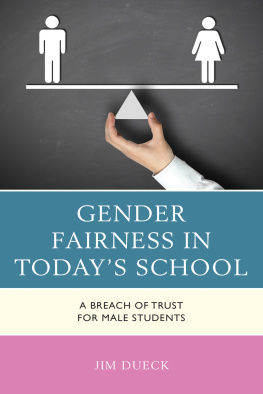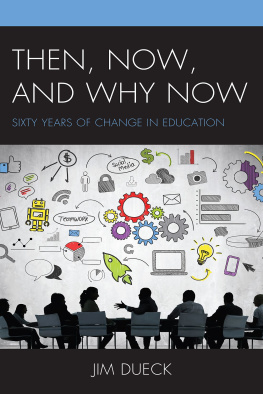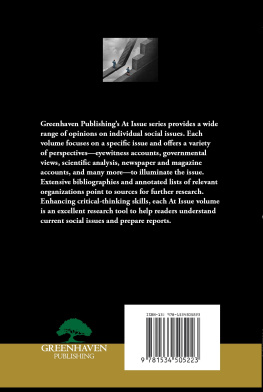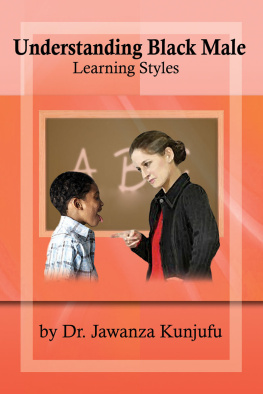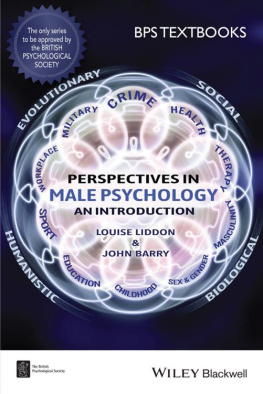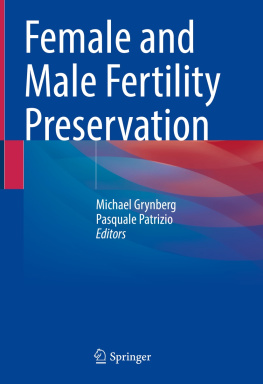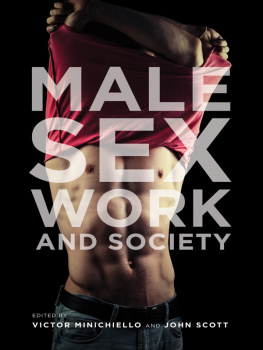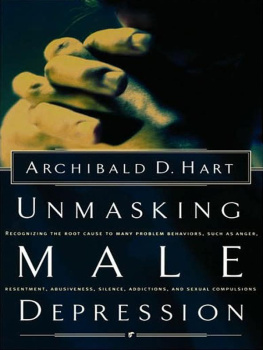G ender Fairness in Today s School
Other Books by This Author
How Political Correctness Weakens Schools: Stop Losing and Start Winning Educational Excellence (2016)
Common Sense about Co mmon Core: Overcoming Educations Politics (2016)
Educations Flashpoints: Upside Down or Set-Up to Fail (2014)
Being Fair with Kids: The Effects of Poor Leadership in Rule Making (2013)
G ender Fairness in Today s School
A Breach of Trust for M ale Students
Jim Dueck
ROWMAN & LITTLEFIELD
Lanham Boulder New York London
Published by Rowman & Littlefield
A wholly owned subsidiary of The Rowman & Littlefield Publishing Group, Inc.
4501 Forbes Boulevard, Suite 200, Lanham, Maryland 20706
www.rowman.com
Unit A, Whitacre Mews, 26-34 Stannary Street, London SE11 4AB
Copyright 2017 by Jim Dueck
All rights reserved . No part of this book may be reproduced in any form or by any electronic or mechanical means, including information storage and retrieval systems, without written permission from the publisher, except by a reviewer who may quote passages in a review.
British Library Cataloguing in Publication Information Available
Library of Congress Cataloging-in-Publication Data Available
ISBN 9781475836950 (cloth : alk. paper)
ISBN 9781475836967 (pbk. : alk. paper)
ISBN 9781475836974 (electronic)
The paper used in this publication meets the minimum requirements of American National Standard for Information SciencesPermanence of Paper for Printed Library Materials, ANSI/NISO Z39.48-1992.
Printed in the United States of America
Contents
Missing
Males
Righting the
Gender Ship
Forty years as an educator made me acutely aware of the plethora of issues evident in accountability within the education system. Service in the classroom, principals office, superintendents chair, and educational leadership for a Canadian province as an assistant deputy minister provided me with practical perspectives from all levels within the school system.
When I was a superintendent, the auditor generals office for British Columbia identified me as the most accountable superintendent in the province, and he arranged for a team from his office to interview stakeholders within the district. My program included providing financial incentives to schools for successfully improving student outcomes. Several suggestions for improving provincial outcomes were later implemented, including common assessments and reporting on school performance.
When I provided leadership at the provincial level, school and district report cards were introduced, featuring a combination of both raw relative to fixed standardsand gain relative to past performancescores. This effort was one of the worlds first to measure improvement and provide an evaluation of schools and school districts based on multiple levels of performance. The success of this initiative resulted in approximately fifty delegations from around the world seeking to learn from us how educational accountability can work.
These delegations included Governor Tim Pawlenty, later a candidate for the U.S. presidency, who wanted to learn about pay-for-performance in education; staff from the office of the United Kingdoms prime minister George Brown; and the minister of education from the United Kingdom, who subsequently requested me to give a personal presentation on accountability in the House of Commons for the purpose of infecting government bureaucrats.
Later, Linda Darling-Hammond, a well-known researcher in education and a special consultant for then-President Obamas Race to the Top, requested me to give a presentation to aides in the White House, in Congress, and to the Governors Association, particularly focused on common assessment. This presentation was then followed by a request from the Department of Education for me to assist in the launch of Race to the Top, as well as to sit on the panel that identified pilots for common assessment. Out of these activities came further invitations to identify winners of the various grants associated with the Race to the Top program.
Upon my retirement, my role as a consultant allowed me the opportunity to help candidates in civic politics, to write editorials for newspapers, and to write four books. My first book Being Fair with Kids provides the research base to help parents understand that a students birth month is an important variable in the students success. The book concludes with a model for achieving a 60 percent reduction in student failure, a minimum 5 percent improvement in student achievement, and, consequently, a savings to a school districts budget of more than 5 percent annually.
My second book Education s Flashpoints identifies many contentious issues in education and their impact across several countries. The central problem I identified is that teachers unions exist to represent their members, not students, and this bias prevents the school system from being highly accountable and transparent in its success in educating students. Politicians facilitate this ongoing flaw in the system because they covet teachers votes, and so they do little to inform the general population of the data surrounding many issues that might endanger their political support.
My third book Common Sense about Common Core focuses on the contentious initiative requested by governors across the United States to have common educational standards established across participating states. While many states continue this implementation, the U.S. Congress moved to limit the federal governments involvement, which had been focused on selecting common assessment pilots and report cards for increased accountability in schools and school districts. However, after the 2016 election, there has been a degree of uncertainty concerning this emphasis on accountability, even as many states proceed with the Common Core program.
My fourth book How Political Correctness Weakens Schools identifies a myriad of issues in which political correctness interferes with decisions to improve the school systems outcomes. Rather than focusing on the best needs of our education systems clientsstudents, parents, taxpayers, employers, and postsecondary programsthe governments focus has been on stakeholderseducators, teachers unions, and special-interests groupsas these stakeholders have a vote and will likely cast their ballots based on educational matters. The media are also complicit in this misplaced perspective, because while these special interests represent a sizable viewership that generates a media companys profits, students typically do not.
These experiences of mine, coupled with a lifetime of research, provide the philosophical basis for this, my latest book. Its central message focuses on the widespread existence of grade inflation in our schools, along with the fact that this educational malady may be considerably reduced with system-wide testing. Our greatest concern with grade inflation should be that it is not equally applied to all students, but that it gives a significant advantage to female students, as they typically demonstrate more compliant behavior, for which they are rewarded. Conflating behavior with academic marks for achievement is unfair to male students, who tend to be less in tune with teachers biases.
The lack of male teachers is another major issue presented in this book. Seldom are primary-school students the beneficiaries of instruction from male teachers who can generate an enthusiasm for learning and greater cooperation in the classroom, so that compliant behavior is less of an issue. Therefore, fairness to students also requires a greater balance in teacher gender.
This was a difficult book to write because of centuries, indeed millennia, of female subjugation by males. Dealing with gender fairness cannot disregard the historical record of such injustice in all aspects of life, and, therefore, a decision was required to determine the extent of our worlds mea culpa. An entire book and more could be devoted to a discussion of the worlds unfairness to females, and the public record is replete with both past and current injustices. Therefore, it was decided to begin this book with a brief acknowledgment of this historical injustice and the posing of the question as to whether or not pursuing male injustice in the school system is now an allowable response.
Next page
